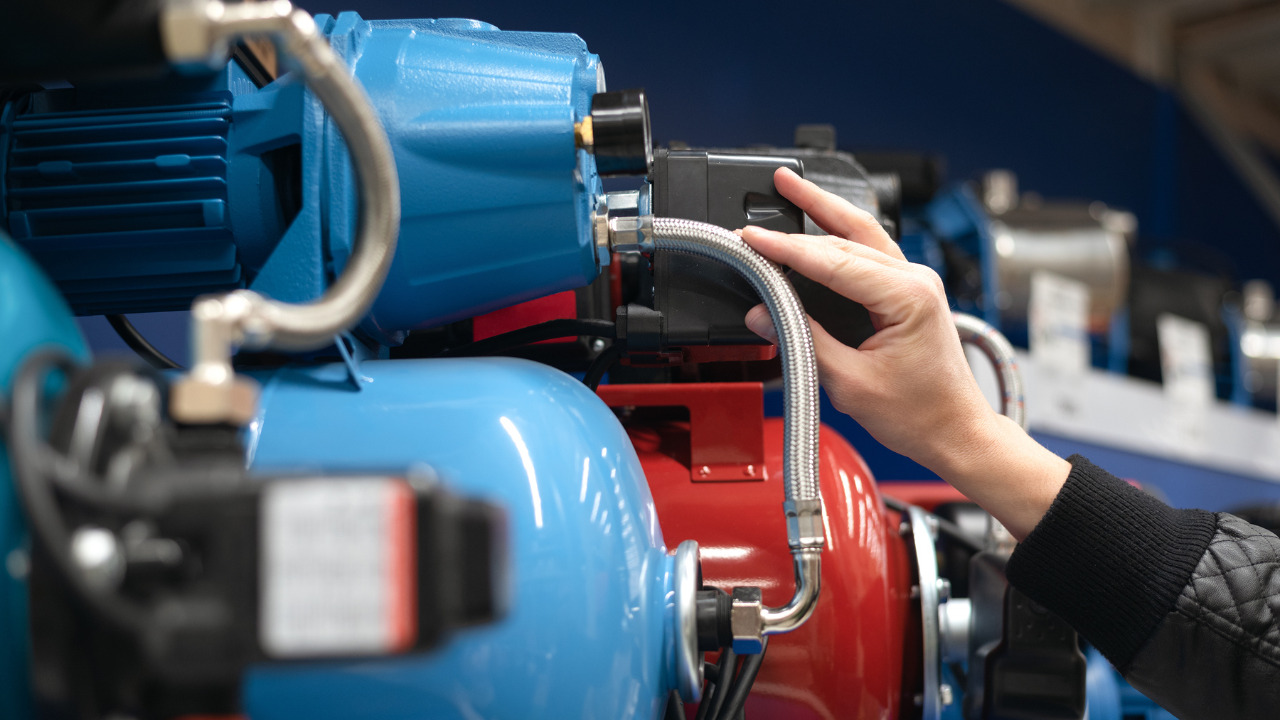When it comes to purchasing rotary screw compressors for your business, it’s important to select the right one in order to ensure optimal performance and cost-efficiency. But with so many options out there, it’s difficult to know which compressor is the best choice. Here are some tips to help:
Table of Contents
Identifying Your Needs
Assess your current and future requirements
Consider your present and future business needs when choosing a screw compressor. Ask yourself a few questions to guarantee you buy the most efficient and cost-effective solution.
Where do you work? Be sure any prospective compressors can handle humidity, temperature, dust, and other air particles in your environment.
What size compressor is needed? How much air you compress and how many people need compressed air will determine the unit’s size.
Determine the type and size of compressor you need
Consider air flow rate, application, size, and capacity when selecting a rotary screw compressor. Different ones are appropriate for various business operations and manufacturing.
The flow rate determines the size and capacity of the compressor. Power increases the compression and performance of a motor. Match the compressor’s power supply voltage and Hertz to avoid damage from improper installation and to maximise safety.
Aside from size and power output, depending on your application, you should also consider noise reduction technology and energy-saving functionalities. Understanding your operational requirements simplifies the selection of a screw compressor for your company!
Compressor Features
You should also look for a compressor that has a good lubrication system, is easy to maintain, and has good component seals. By researching its noise levels, you can select a machine that will not disturb nearby workers or consumers.
Evaluate the noise and vibration levels
The levels of vibration and noise must be contemplated. Noise levels may differ from compressor models. As a result, your model should prioritise worker safety.
Examine for mechanical vibrations caused by pieces rubbing together. Some compressors cause foundation layers to reduce low-frequency vibrations propagated through soil or other surfaces through increased friction.
This isolates those vibrations from locations where they can still be felt and dampens their intensity across surfaces with which they come into contact, providing stability and comfort while operating it.
Compressor Performance
Assess the compressor’s performance
First, check the machine’s air output. The cubic feet per minute (CFM) number shows how much air the compressor can serve your purpose. Consider the machine’s power rating. Again, higher ratings are better and costlier, but they provide more stable power.
Check the compression ratio. The compression ratio of a screw compressor compares its pressure to ambient pressure (14 psi). The unit can create more compressed air with less effort as this ratio increases. Hence, to maximise value when buying a screw compressor for your business, you must consider all these factors.
Consider the compressor’s flow rate
The correct flow rate for your business depends on the combined consumption requirements of all tools and equipment operating simultaneously, which may vary depending on the equipment being used or operated. For example, a simple paint sprayer may require 2 CFM while a heavier-duty, piston-driven racking system might require 10–15 CFM.
Cost
Compare the costs of different compressors
The initial cost is determined by its size and brand. High-quality compressors are more efficient and save money. Consider the purchase price and the cost of maintenance and repairs.
Screw compressor owners should know the costs associated with running compressed air systems, such as electricity, aftercooler or dryer cooling costs, and filters or other components. Check the warranties of your suppliers to extend compressor life and reduce maintenance.
Compare these potential charges when selecting a unit to obtain an efficient, cost-effective system. Inquire with experts to see if purchasing a used system is less expensive than purchasing a new system. Check prices if parts need to be replaced—older versions may have more expensive parts. Knowing all associated costs may assist your company in budgeting for screw compressor use over time.
Consider the energy costs
These machines may be less expensive to purchase than standard industrial compressors, but they cost more to operate at lower energy efficiency settings.
Choosing the right machine and using variable speed drives to change output pressures and CFM rates can help you save money on energy. Energy-efficient certified compressors from reputable brands will be even more beneficial. Maintenance can help to reduce operational costs and future problems.
Research the cost of spare parts and service
Compare prices before purchasing because they vary by manufacturer. Some manufacturers only sell spare parts for specific models, so make sure the model you want is compatible.
Valve, rotor, wear plates, O-rings, gaskets, and springs are examples of screw compressor spare parts. Understanding the pricing of each component ahead of time will assist you in obtaining a good compressor deal.
Service and spare part costs should be together. For emergencies or routine maintenance, many organisations provide rotary screw compressor appliance repair services. Check the response time and dependability of a repair company before signing a contract. Some repair services may be less trustworthy or experienced than others.
Conclusion
With the right compressor, your company can benefit from consistent operations. By comparing different screw compressor models and features, you can make an informed decision that meets the needs of your business.





